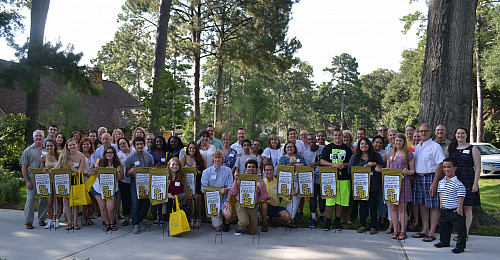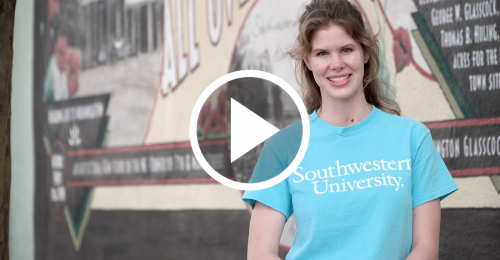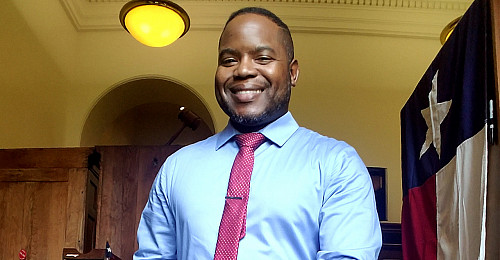Goals
The Faculty Support Network is a program designed to provide additional opportunities for support, mentoring, and conversation with colleagues. The program aims to provide faculty support in an entirely non-evaluative way. Conversations within the faculty support network are completely confidential. The program was also designed to provide faculty with access to multiple mentors as needed. Although longer-term mentoring and support relationships may emerge from this process, there is no expectation for that to be the norm. You are welcome to contact different mentors in the network to discuss different issues, once or several times.
In Fall 2016, we queried faculty members who have been tenured for at least two years. We asked if they would be comfortable talking with and mentoring colleagues about issues related to teaching; professional activity, research, and scholarship; university service; or other aspects of professional life at Southwestern. At this time, 27 faculty from a wide range of departments have enthusiastically volunteered to support their colleagues in this way. On the list found here, you can see the areas that they feel most qualified to address. (This list will be updated periodically as faculty members rotate in or out due to other commitments and responsibilities.)
Who May Use the Network
Faculty at any stage of their careers are welcome to reach out directly to the individuals on this list who have volunteered their support.
Find a Faculty Support Network Member
Although we have shared the departmental affiliations of the volunteers, please feel free to reach out to peer mentors from outside of your department. If you would like help identifying someone to approach, you are also welcome to reach out to us for assistance. Our aim is simply to facilitate the development of a network that lives among the faculty.
View the Faculty Support Network list.
Readings about mentoring and faculty development networks:
- Mary Deane Sorcinelli & Jung Yun, “From Mentor to Mentoring Networks: Mentoring in the New Academy,” outlines the research and concepts behind a networked support approach for faculty.
- Kerry Ann Rockquemore, “A New Model of Mentoring” (Inside Higher Education, July 22, 2013) explains how a mentor or resource person might approach working with a colleague. Note that she assumes a focus on new faculty, but we are hoping that the support network will also be of use to mid-career and senior faculty.
Co-organizers
Julie Sievers, Director of Teaching, Learning, and Scholarship
Kendall Richards, Associate Dean of the Faculty and Professor of Mathematics




























